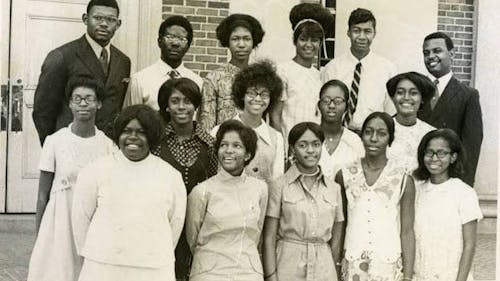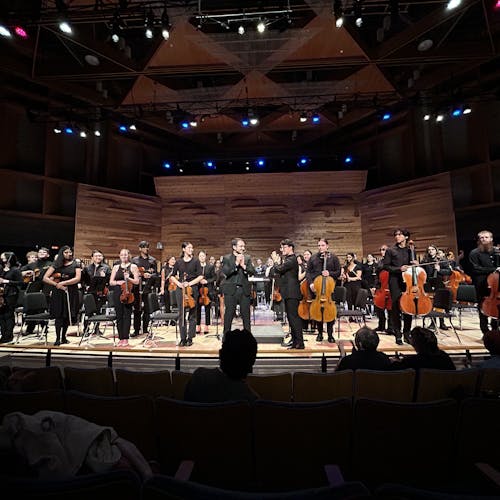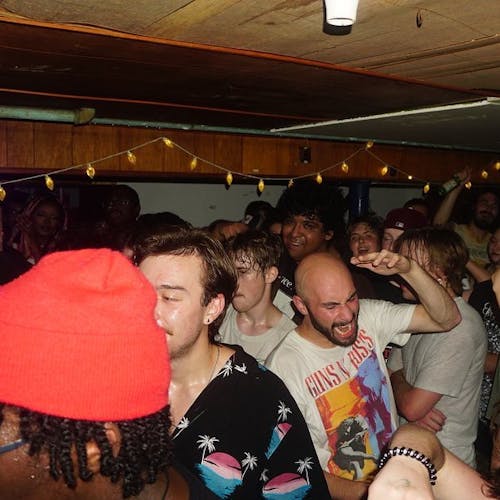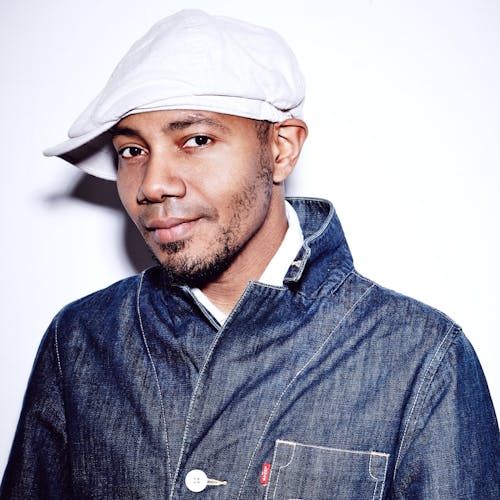'Tell Them We Are Rising' tells impactful history of HBCU's

As the eighth oldest "institute of higher learning" in the nation, Rutgers has been an institution throughout history. Founded in 1766, it took about 126 years for the school to grant a diploma to a Black man, with James Dickson Carr being the first in 1892. But, Black people didn’t wait all those years for the nation’s historical universities to admit them to get an education.
Founded in 1837 as the Institute of Colored Youth, Cheyney University of Pennsylvania was the first Historically Black College/University (HBCU) in the country. Mainly based in the south, HBCU's were founded after the Civil War because Black citizens simply had nowhere else to go to learn.
While these universities faced various disadvantages economically and socially, HBCU's have built a strong history and tradition. Some of the greatest thinkers and creators of our time are products of HBCU's, from Oprah to Spike Lee to Martin Luther King Jr. Now to celebrate this proud legacy, filmmaker Stanley Nelson Jr. and PBS have produced a documentary called, "Tell Them We Are Rising: The Story of Black Colleges and Universities."
The Honors College held a screening of the film on Sunday night, showcasing the movie in its eastern wing. The film didn’t hold back, starting with how slavery created a forced cycle of ignorance. State laws of many southern states dictated that slaves couldn’t be educated, and in the abolitionist North, city councils denied the possibility of schools for African Americans.
After the Civil War, the threat of education was met with extreme retaliation, with educators being killed for educating former slaves. Even when schools succeeded, the film documented the struggles that the students faced. Booker T. Washington’s impact, both positive and negative, on black attitudes toward education were explored. And yet, many African Americans deemed Washington too docile and appealing to whites, including figures like W.E.B. Dubois.
In the 20th century, the founding presidents of these universities — who were primarily white — came to grips with the ambition of their new student bodies. Many presidents were incredibly strict, causing student strikes like the walkout at Fisk University in 1924.
The concept of modern civil rights was too extreme for even the most liberal whites at the time, so the genesis of the Civil Rights Movement was born and thrived on the campuses of HBCU's. Sit-ins and civil disobedience were the brainchildren of HBCU students, and the burgeoning black power movement was the product of the disruptive youth. Unrest at these campuses often ended in tragedy, like the murders at Southern University in 1972.
While crucially informative of the foundation of HBCU's, the film had a few shortcomings, namely in skipping over the cultural impact HBCU's had in the late 1980s through mid 1990s. On television, there was a sweeping invasion of HBCU culture on primetime programming.
HBCU attire was worn on shows like "Martin" and "The Fresh Prince of Bel-Air," and there was a whole program about HBCU life, the Bill Cosby-produced "A Different World." This type of representation and public pride for the HBCU community led to a new awareness for the schools. To this day, vintage HBCU gear is coveted by many. To skip over this period in HBCU was a bit jarring and other viewers noted the same missing angle.
“I think there were some parts that were left out, but for the most part they covered everything from the Reconstruction period to now,” said Alexandra Matthews, a School of Biological and Environmental Sciences junior.
After the showing, the group discussed the film, expressing new views on Booker T. Washington, HBCU's and the way race impacted school experiences. The future of HBCU's is in doubt due to lack of funding, and the group discussed concerns about them. Overall the event was an inviting and thoughtful viewing of a movie that shed new light on one of our nation’s strongholds.
“For someone who’s just learning about HBCU's, it’s definitely a great way to introduce them to the topic and inform them," Matthews said.



